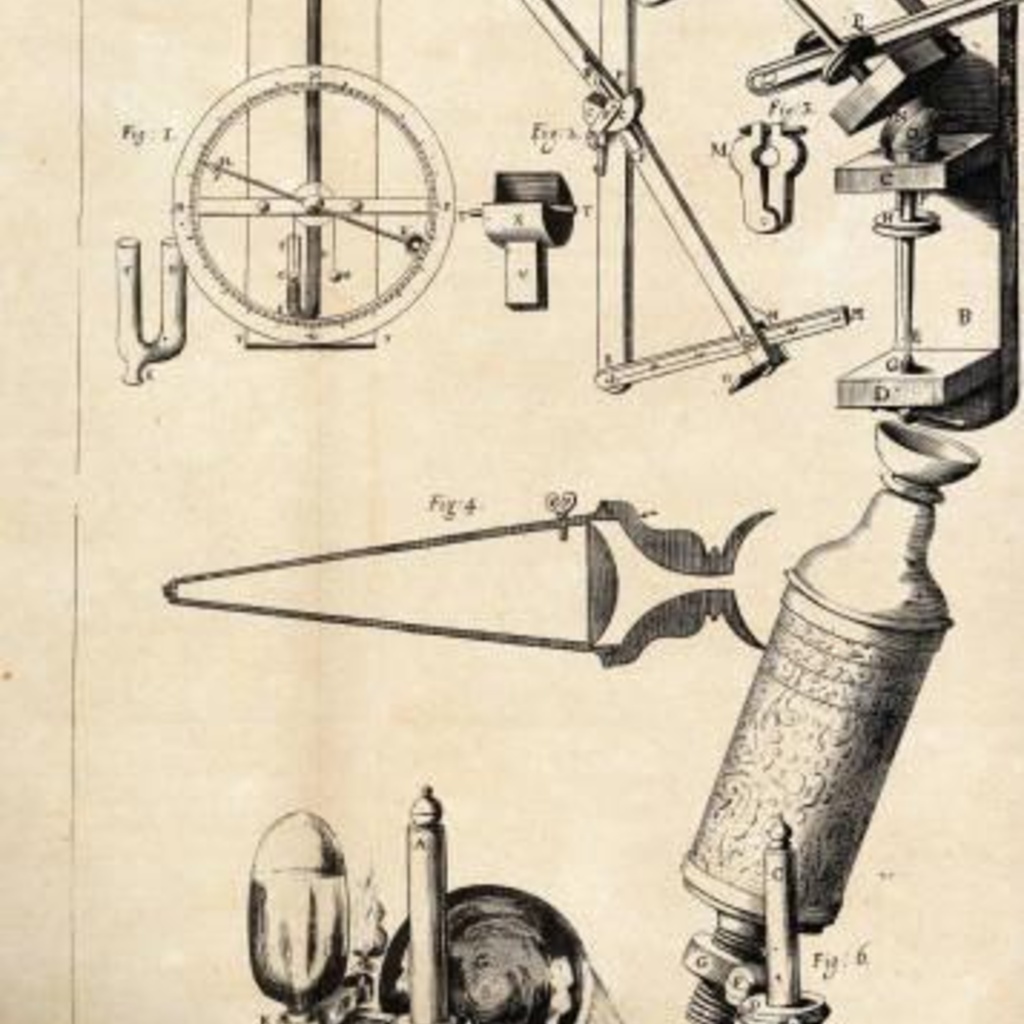
A Symposium Sponsored by the University of Iowa Center for the Book and the Andrew W. Mellon Fellowship of Scholars in Critical Bibliography at Rare Book School
In Micrographia (1665), the first visual study of the microscopic world, the experimental philosopher Robert Hooke argued that knowledge of nature was rooted in human vision, especially as augmented by tools like the recently-invented microscope, and human craft, which built the microscope and made images of the worlds that it revealed. In early modern Europe, Hooke’s was only one of many new worlds whose discovery challenged established beliefs about the natural order and humanity’s place in it. This symposium invites us to consider the vehicles through which these challenges were mounted — books.
Keynote lecture by Anthony Grafton
Henry Putnam University Professor of History, Princeton University
Learned Histories: How They Were Made and Why It Matters
Saturday, October 17, 4 pm, MERF 2117
For more information about the symposium go here:http://book.grad.uiowa.edu/content/scientific-books-and-their-makers-sym...
Co-sponsored by The University of Iowa Obermann Center for Advanced Studies, the Departments of History and English, and Hardin Library for the Health Sciences.